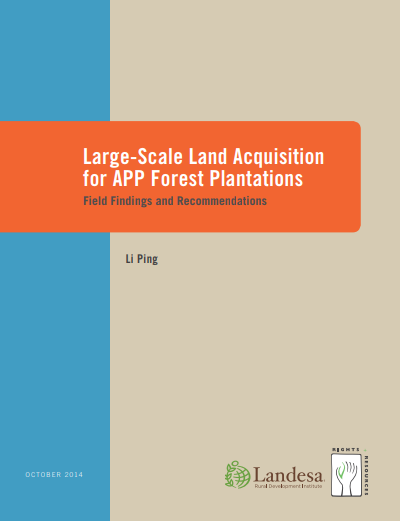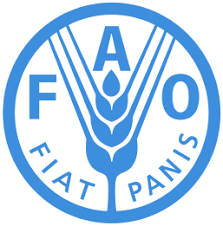LARGE-SCALE LAND ACQUISITION FOR APP FOREST PLANTATIONS: FIELD FINDING AND RECOMMENDATIONS
The Chinese central government has consistently taken decisive legal and policy measures over the past 35 years to secure, enhance, and expand farmers’ rights to farmland and forest land in order to reduce the gap in income and consumption between urban citizens and their counterparts in mountainous forest areas.



